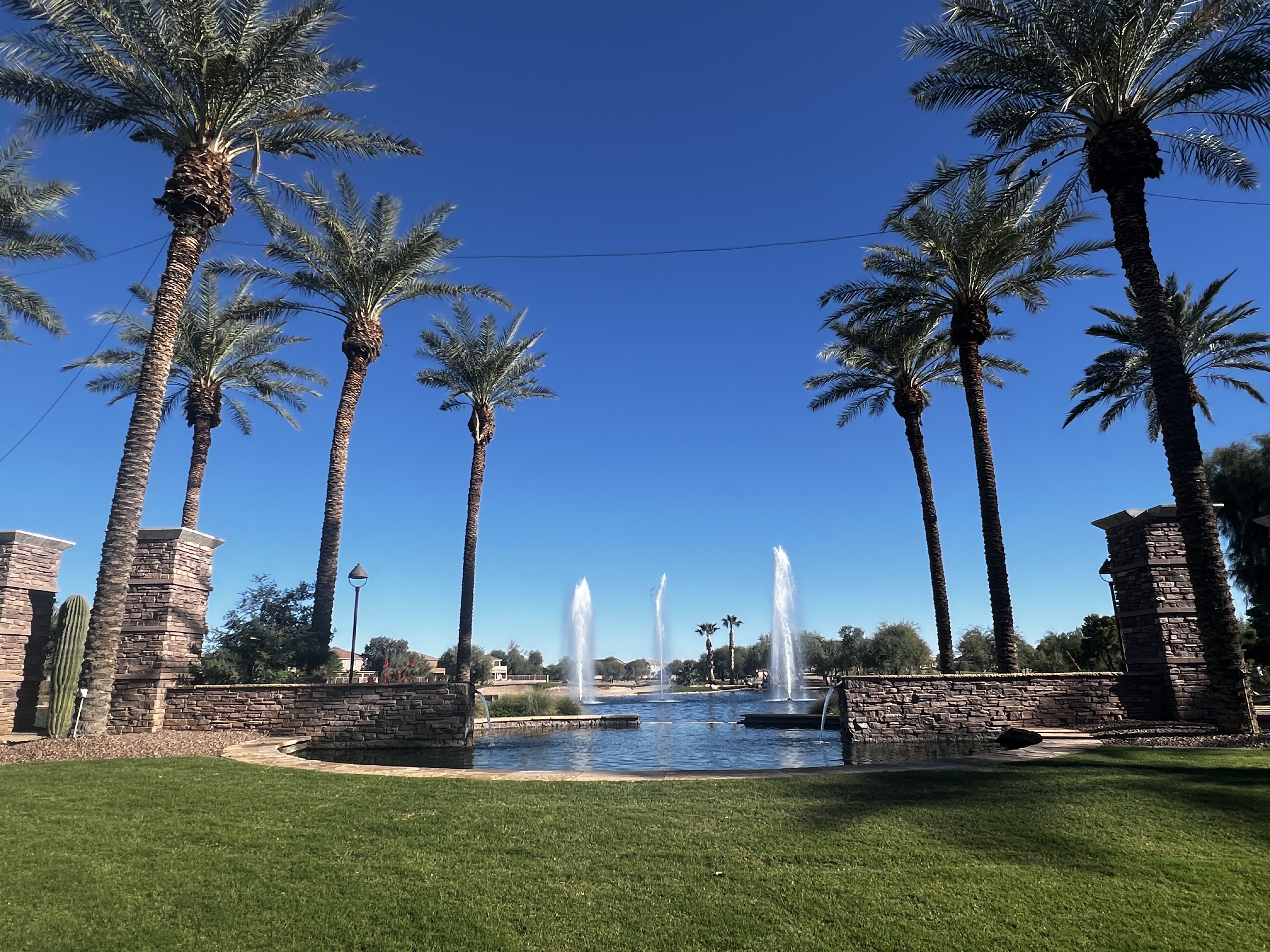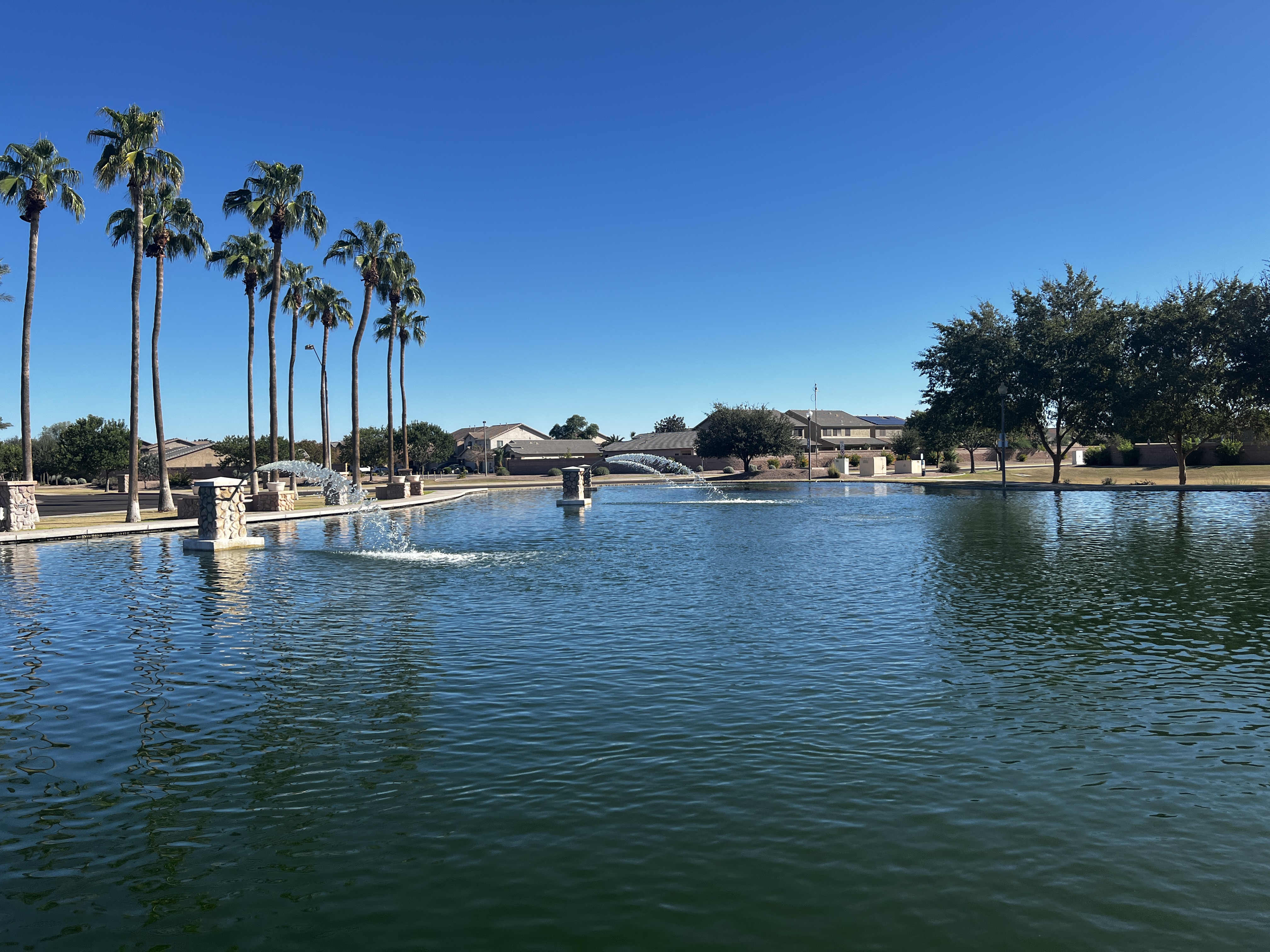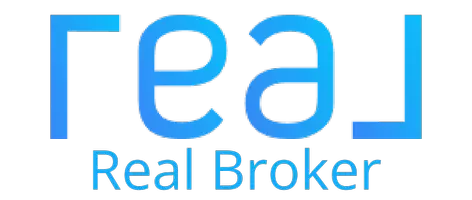Blog > What Are the Hidden Costs of Buying a Home in Maricopa AZ?
What Are the Hidden Costs of Buying a Home in Maricopa AZ?
Many Phoenix families discover their Maricopa home budget needs adjustment after learning about local fees and assessments. Here's how to identify the real expenses early and buy confidently in Maricopa, AZ (Pinal County).

Get accurate numbers before you tour.
What upfront costs appear between offer and closing?
Beyond your down payment, several costs pile up before you get the keys. Utility deposits often surprise first-time buyers in Maricopa. Electric service comes through ED3 (Electric District 3), water and wastewater through Global Water, and natural gas (where available) through Southwest Gas. Each provider requires account setup and may charge deposits based on credit. Coordinate timing with your closing date to avoid service gaps.
Earnest money deposit
This good-faith deposit goes into escrow and credits toward your purchase at closing. The amount is negotiable. Competitive offers in neighborhoods like Tortosa may use larger deposits paired with solid inspection contingencies.
Check current market conditions in our Market Snapshot before deciding your deposit amount.
Home inspection and appraisal
Budget for a comprehensive home inspection plus specialty add-ons: HVAC check, pool inspection, termite screening. Your lender orders an appraisal to confirm the home's value matches the loan amount. Use inspection findings to negotiate repairs or price credits before closing.
Questions about what to inspect? See our complete Buyer's Guide.
Closing costs breakdown
Expect 2–5% of purchase price in closing costs: lender origination and underwriting fees, title insurance and escrow services, recording fees, prepaid property taxes and homeowners insurance, plus possible HOA transfer fees or capital contributions. Many vendors are shoppable—compare quotes early to save hundreds or thousands.
Need a local lender? Visit our City of Maricopa Mortgage Lender page for trusted referrals.
HOA disclosure packages
Most Maricopa neighborhoods operate under HOA management. Review CC&Rs (covenants, conditions, restrictions), annual budgets, reserve fund health, and any planned special assessments. Rules and monthly fees vary significantly—from $50/month in some areas to $300+ in amenity-rich communities like Lakes at Rancho El Dorado or Villages at Rancho El Dorado.
Many HOAs charge transfer fees ($200–$500) and capital contributions ($500–$2,000) to new owners. These are often negotiable as seller credits during the purchase contract. Ask your agent to include them in your offer strategy to reduce cash needed at closing.
What monthly and annual costs continue after move-in?
Ownership costs extend well beyond your mortgage payment. Maricopa's desert climate drives specific expenses buyers from Phoenix or cooler regions often underestimate. Summer air conditioning loads can push electric bills to $300–$500/month for larger homes. Ask ED3 about rate plans and billing cycles. Global Water customers should understand irrigation usage tiers if maintaining landscaping. Factor these realities into your Mortgage Calculator by adding monthly utility and maintenance reserves.
Property taxes and CFD assessments
Pinal County bills property taxes. Some newer Maricopa communities include CFD (Community Facilities District) special assessments that fund infrastructure—roads, parks, utilities. CFDs add $500–$2,000+ annually to your tax bill and may run 20–30 years. We pull complete parcel histories before you write an offer so your payment estimate reflects reality.
Verify your target property's full tax obligation using our calculator.
HOA dues and amenity access
Monthly dues range from minimal maintenance fees to $300+ for resort-style amenities. Communities like Rancho El Dorado offer golf and lakes. Villages provides clubhouses, pools, and fitness centers. We confirm fee structures, payment frequency, and any planned increases before you commit.
Utilities and property maintenance
Plan monthly budgets for electricity (ED3), water/sewer (Global Water), trash collection, and natural gas where available (Southwest Gas). Homes with pools add $100–$200/month in chemicals, maintenance, and higher water bills. Desert sun accelerates roof wear and HVAC strain—budget $100–$150/month in reserves for replacements and repairs.
Schedule ED3, Global Water, and Southwest Gas account setup 3–5 business days before your closing date. This ensures service starts the day you take possession and avoids reconnection fees or delays. Your agent can coordinate timing with the title company to streamline the process.
How do neighborhood choices affect your budget?
Maricopa's master-planned communities each have distinct cost profiles beyond list price. HOA structures, amenity packages, lot sizes, and utility usage patterns vary significantly. Families relocating from Phoenix often choose Maricopa for the space and value—homes that would cost $500K in central Phoenix sell for $350K here, with the trade-off of a ~35-minute commute depending on I-10 traffic.
Rancho El Dorado and Cobblestone Farms
These established communities feature golf courses, lakes, and mature landscaping. HOA dues reflect premium amenities. Homes with pools require careful utility budgeting—summer electric and water bills run higher. Compare similar homes with and without pools to model the real cost difference.
Explore listings: Lakes at Rancho El Dorado • Cobblestone Farms
Villages at Rancho El Dorado and Tortosa
These newer communities offer modern amenities including clubhouses, trails, pools, and fitness centers. Watch for CFD assessments in newer phases and carefully review HOA budgets for upcoming capital projects. The model homes look great—make sure the monthly costs fit comfortably.
Explore listings: Villages at Rancho El Dorado • Tortosa
Province (55+ active adult)
Gated, age-restricted community with lower-maintenance homes and social activities. Seniors appreciate the lifestyle and walkability. HOA dues cover common area maintenance and amenities. We'll help you balance HOA services against personal needs to ensure the monthly commitment feels right for your retirement budget.
Explore listings: Province

What Arizona buyer documents should you review?
Arizona residential real estate transactions involve specific disclosure and addendum documents. Understanding these forms helps you make informed decisions without surprises. Your agent and attorney provide guidance, but you should know what exists.
AAR Buyer Advisory
The Arizona Association of Realtors Buyer Advisory explains your rights, responsibilities, and common issues in Arizona home purchases. Review this document early in your search to understand inspection rights, disclosure requirements, and contract timelines.
HOA Addendum
When buying in an HOA community (most of Maricopa), the HOA Addendum outlines your right to review governing documents, budgets, meeting minutes, and reserve studies. You typically have a review period to cancel if HOA rules or finances don't meet expectations.
ADRE Public Report (new construction)
The Arizona Department of Real Estate requires developers to provide a Public Report for new subdivisions. This document discloses development plans, known issues, utility providers, and any special assessments like CFDs. Always review before buying new construction in communities like Maricopa's new builds.
Note: This information is educational only and not legal advice. Consult with your real estate agent, attorney, and lender regarding specific contract terms and obligations.
How does a local Maricopa agent prevent closing surprises?
Experience matters when navigating Maricopa's unique market dynamics. We coordinate directly with ED3, Global Water, and Southwest Gas to align utility hookups with your closing timeline. We verify complete parcel tax histories including any CFD obligations before you write an offer. We obtain HOA documents early—budgets, CC&Rs, reserve studies—so you review them during your inspection period, not at the signing table.
Numbers first, emotions second
We model true monthly payments including principal, interest, taxes, HOA, insurance, utilities, and maintenance reserves. Not just the mortgage payment—the real cost of ownership. This prevents buyer's remorse and ensures you shop homes that truly fit your budget.
Negotiation backed by data
Inspection findings become leverage for repairs or price credits. We document every agreement and track it through escrow so promises become reality. Nothing falls through the cracks between contract and closing.
Local network access
Direct connections to Maricopa-based lenders, inspectors, contractors, and service providers who know Pinal County requirements. Faster quotes, accurate timelines, fewer delays.
Two decades of market knowledge
Since 2002, we've guided thousands of buyers through Maricopa purchases. We know which neighborhoods match different lifestyles, how HOAs actually operate, and where value exists today. Zero hype—just clear guidance based on experience.
Get accurate cost projections, then tour the right homes.
Frequently asked questions about Maricopa home buying costs
Answers based on how Maricopa and Pinal County actually work, not generic national advice. Always verify current numbers with your lender, title company, and HOA.
Do all Maricopa neighborhoods charge HOA transfer fees?
Most do. Expect a transfer fee ($200–$500) and sometimes a one-time capital contribution ($500–$2,000). These fees fund HOA operations and reserves. We confirm exact amounts for your target community before you write an offer, and these costs are often negotiable as seller credits during contract negotiations.
What is a CFD and how much does it add to my annual costs?
A Community Facilities District (CFD) is a special property tax assessment that funds infrastructure—roads, parks, water systems—in newer developments. It appears on your Pinal County tax bill and typically adds $500–$2,000+ annually. CFDs run 20–30 years. We verify whether a property has a CFD and calculate the exact annual amount before you make an offer.
Who provides utilities in Maricopa and what are typical deposits?
Electric: ED3 (Electric District 3). Water/Wastewater: Global Water. Natural Gas: Southwest Gas (where available). Deposits vary by credit score and provider, typically $100–$300 per utility. Your agent coordinates account setup timing around your closing date to ensure uninterrupted service.
How much should I budget monthly for utilities in Maricopa?
Budget estimates for a typical 2,000 sq ft home: Electric (ED3): $150–$300+ in summer A/C months. Water (Global Water): $60–$120 depending on landscaping and pool. Gas (Southwest Gas): $30–$80 seasonally. Trash: $20–$40. Homes with pools add $100–$200/month in chemicals, maintenance, and extra water/electric. Use our Mortgage Calculator to add these costs to your monthly budget.
Can I estimate my total monthly payment before shopping for homes?
Yes. Use our Mortgage Calculator and add HOA dues, property taxes (including any CFD), homeowners insurance, utilities, and a maintenance reserve ($100–$150/month for repairs and replacements). Then get pre-approved with a local lender for an accurate loan payment. This prevents budget surprises and focuses your search on homes you can comfortably afford.
Are closing costs negotiable or fixed?
Many closing costs are negotiable. You can shop for title insurance, escrow services, and home inspections. Some lender fees are negotiable depending on your credit and relationship. Seller concessions can cover part or all of your closing costs—common in buyer's markets. HOA transfer fees are sometimes negotiable as seller credits. Your agent helps you understand what's shoppable and builds cost coverage into your offer strategy.
